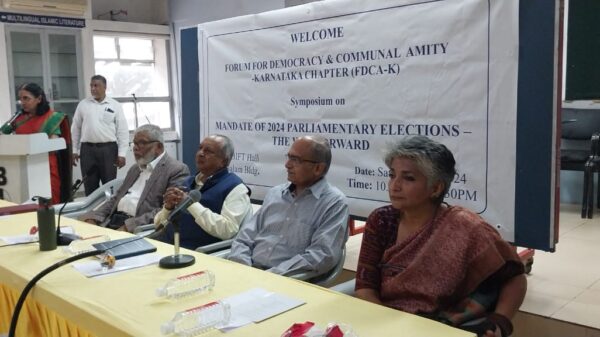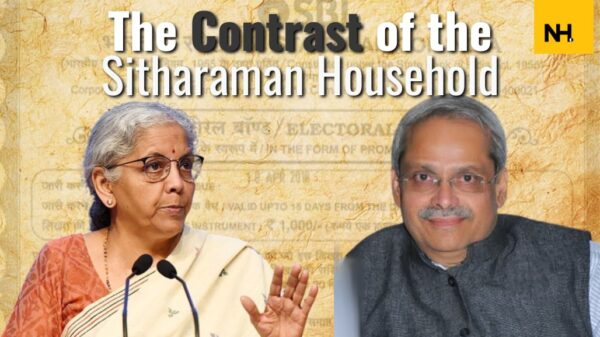Padma Vibhushan SM Krishna, one of India’s most influential political figures, passed away this morning at his Bengaluru residence at the age of 92. A towering statesman whose career spanned over five decades, Krishna was a former chief minister of Karnataka, external affairs minister, and governor of Maharashtra. Yet, one of the lesser-known episodes of his illustrious life connects him to none other than former U.S. President John F. Kennedy.
A Letter from Kennedy
In 1960, 28-year-old SM Krishna was studying law at George Washington University in Washington, D.C. At the time, John F. Kennedy was campaigning for the presidency. Krishna, deeply interested in politics, reached out to Kennedy’s team, offering to campaign for him among Indian-American communities. His gesture wasn’t just a mark of enthusiasm but a calculated effort to support Kennedy in key constituencies.
Kennedy’s victory in the November 1960 election was historic, and he did not forget Krishna’s contribution. On January 19, 1961, just days before his inauguration, Kennedy sent Krishna a personal letter of thanks.
In the letter, Kennedy wrote:
“I hope that these few lines will convey my warm appreciation for your efforts during the campaign. I am most grateful for the splendid enthusiasm of my associates. I am only sorry I have not been able to personally thank you for the excellent work which you performed on behalf of the Democratic ticket.”
“Without your unrelenting efforts and loyalty, victory would not have been possible last November 8th,” he added.
For Krishna, this recognition from one of the most iconic American leaders was a defining moment, an early brush with global politics that would later shape his own political journey.
A Legacy Rooted in Service
SM Krishna returned to India after completing his education, marking the beginning of a remarkable political career. His journey began in 1962 when he won the Maddur Assembly seat in Karnataka as an Independent candidate. Soon aligning with the Praja Socialist Party and later the Indian National Congress (INC), Krishna became a key figure in state and national politics.
Krishna’s tenure as Karnataka’s chief minister from 1999 to 2004 is remembered for transforming Bengaluru into India’s IT hub. Under his leadership, the city became synonymous with technological innovation, earning its moniker as the Silicon Valley of India. Infrastructure development, IT industry expansion, and global investor summits marked his governance, leaving an indelible legacy on Karnataka’s progress.
Krishna also served as India’s external affairs minister from 2009 to 2012, strengthening diplomatic ties and representing India on the global stage with finesse.
A Shift in Political Alignments
After five decades with the Congress, Krishna surprised many by joining the Bharatiya Janata Party (BJP) in 2017. While his shift raised eyebrows, he largely remained inactive in his new political home, officially retiring from public life in January 2023 due to health issues.
Krishna’s passing marks the end of an era in Indian politics, with tributes pouring in from across the spectrum. The Karnataka government has declared a three-day mourning period to honor his legacy. Flags at government offices will be flown at half-mast, and official functions have been suspended.
As Karnataka and the nation mourn the loss of SM Krishna, his legacy serves as a reminder of the profound impact one individual can have—whether it’s reshaping Bengaluru’s future or earning the gratitude of a U.S. President.
More:
How Did SM Krishna Rescue Dr. Rajkumar From The Clutches of Veerappan?



















































































